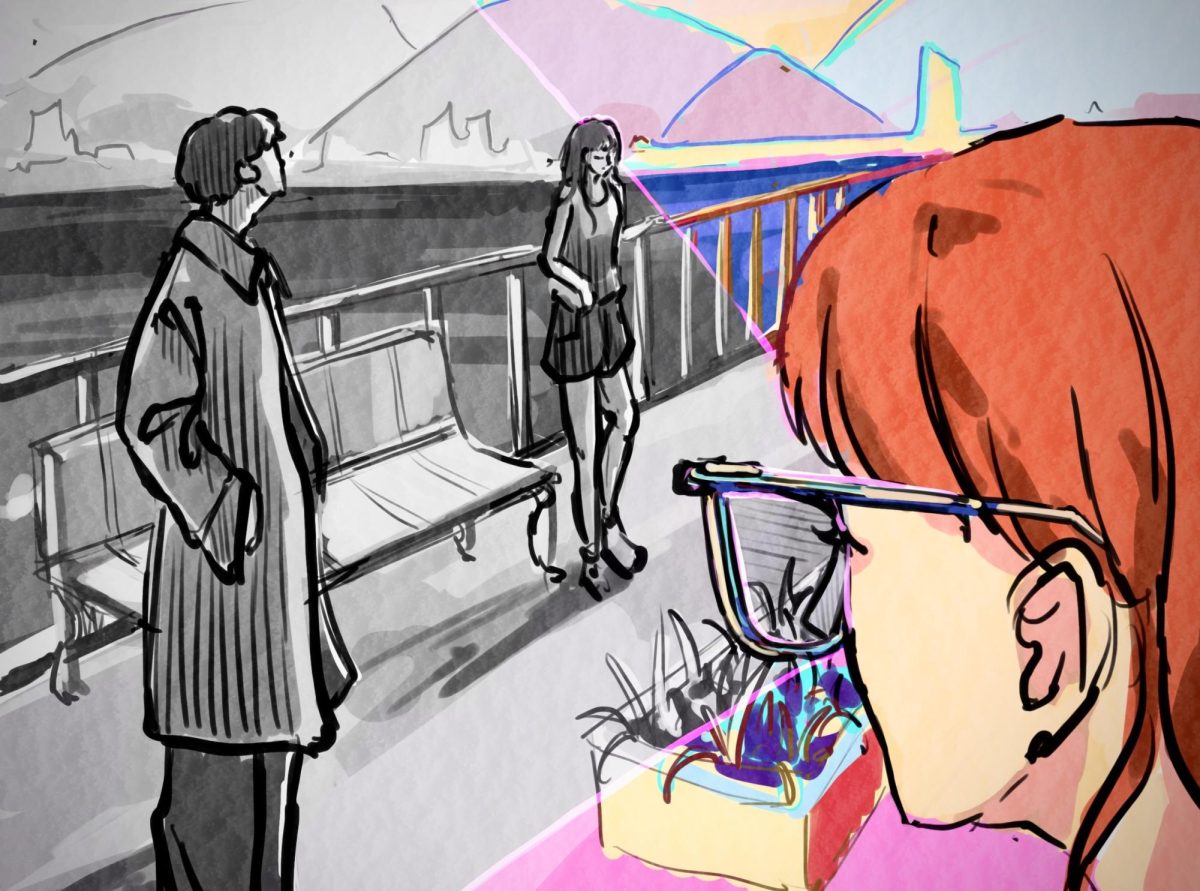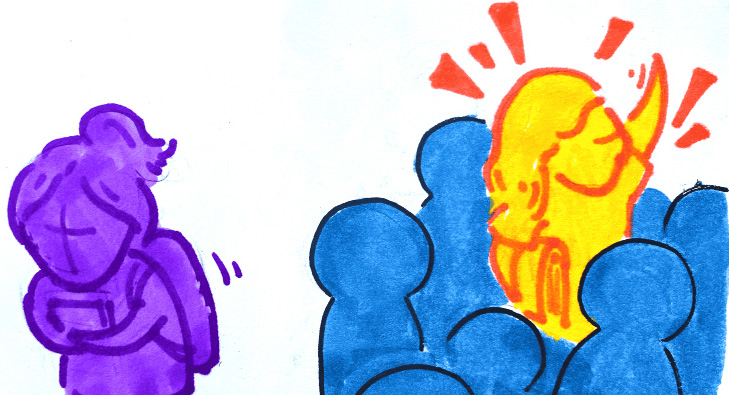Imagine being called a name that reduces you to the status of an animal. What if you confronted the name caller? Would they take accountability or be incapable of comprehending their racism?
Though this person may not have bad intentions when casually calling you the name, you are hurt, you are in pain, and you suffer the consequences of their inability to recognize and eliminate their biases.
According to The Oxford English Dictionary, colorblindness is the “absence of prejudice, discrimination, or differentiation on the basis of skin color or race.” To many, colorblindness presents itself as a magical remedy for racial inequalities and the dawn of a post-racial society.
“I am a good person. I don’t see color. Not seeing color makes me less racist, because I can’t hold prejudice or bias against a black person if I don’t even noticed that they are one.” This is one of answers I recorded in my initial research survey regarding individuals’ perspectives and understanding of color blindness.
Many people adopt colorblindness out of benevolence, striving to be virtuous. However, such a perspective glosses over the harsh reality of very real racial inequalities and perpetuates existing racist ideologies.
According to a study published by the Association for Psychological Science by Evan Apfelbaum et al., it is impossible to be truly colorblind. Participants perceived others’ race in less than a seventh of a second. In fact, studies have shown that the ability to determine others’ race emerges as early as 6 months of age.
Apfelbaum et al.’s research shows that those who claim colorblindness are not only unable to recognize their implicit biases, but also demonstrate more explicit and implicit racial biases.
Unfortunately, those who intend to help dismantle racism by ignoring race contribute to racism in society. By ignoring race, they ignore the need to correct for their implicit biases.
Pretending to be colorblind merely shields people from the burden of interacting with racism. A problem cannot be fixed by merely ignoring it, however. It must be dealt with.
To be blind to race is to be willfully ignorant of the dire fact that racism leaves many fighting for their rights or lives.
Wishing racism away is not enough to make it disappear. Overlooking race ignores the very real fact that many people face struggles and hardships because of their race.
If you really want to help put an end to racism, don’t overlook my color, and don’t disregard my race. Acknowledge your biases, and begin the work to correct them.






